The Ultimate Guide to Oil Shelf Life: Maximize Freshness and Potency
Whether you're using oils for skincare, haircare, or cooking, knowing how long they last and how to store them properly can make all the difference. This guide covers the shelf life of popular oils, along with tips to maximize their lifespan and ensure you get the most out of every drop.
Why Oil Shelf Life Matters
Understanding the shelf life of oils helps you avoid using products that have gone rancid and ensures you're enjoying their full benefits. From nourishing your skin to adding flavor to your dishes, oils are versatile—but they don't last forever. Proper storage can extend their longevity, saving you time and money.
Skincare Oils: Radiance and Moisture for Your Skin
These oils are commonly used in skincare routines and beauty products to moisturize, soothe, and rejuvenate the skin. Proper storage is essential to keep their nutrients intact.
| Oil | Shelf Life | Best Use | Storage Tips |
|---|---|---|---|
| Almond Oil (Refined) | 1 year | Soothing dry skin | Store in a cool, dark place |
| Aloe Vera Oil | 6 months - 1 year | Hydrating and healing skin | Keep away from direct sunlight |
| Apricot Kernel Oil | 1 year | Moisturizing sensitive skin | Store in a cool cupboard |
| Argan Oil (Cold Pressed) | 2+ years | Anti-aging and frizz control | Use a dark glass bottle |
| Batana Oil Oil | 2 years | Reducing scars and fine lines | Refrigerate for longer freshness |
| Jojoba Oil | 5 years | Balancing skin's natural oils | Stable; store in a cool, dry place |
Haircare Oils: Strengthen and Nourish Your Locks
These oils are perfect for promoting hair growth, enhancing shine, and deep conditioning. To keep them effective, proper storage is key.
| Oil | Shelf Life | Best Use | Storage Tips |
|---|---|---|---|
| Castor Oil | 5 years | Hair growth and scalp health | Store in a cool, dry area |
| Coconut Oil (Unrefined) | 2-4 years | Deep conditioning and scalp massages | Keep in a warm cupboard |
| Avocado Oil (Cold Pressed) | 1 year | Moisturizing hair and scalp | Protect from light and air |
| Hemp Seed Oil | 1 year | Strengthening and nourishing hair | Refrigerate for extended freshness |
Culinary Oils: Healthy Fats for Your Kitchen
For those who love to cook, using fresh oils in your dishes can improve both flavor and nutritional value. However, these oils can degrade over time if not stored correctly.
| Oil | Shelf Life | Best Use | Storage Tips |
|---|---|---|---|
| Olive Oil (Cold Pressed) | 2 years | Salads, sautéing, and dressings | Store in a dark, cool place |
| Brazil Nut Oil | 2 years | Adding flavor to dishes | Keep away from heat |
| Grapeseed Oil | 1 year | Frying and dressings | Store in a dark bottle |
| Hazelnut Oil | 1 year | Flavoring and dressing salads | Cool, dark storage recommended |
Specialty Oils: Healing and Wellness for Skin and Body
These oils are known for their therapeutic properties, from healing skin conditions to soothing inflammation. They may require more careful storage to preserve their potency.
| Oil | Shelf Life | Best Use | Storage Tips |
|---|---|---|---|
| Neem Oil (Cold Pressed) | 2 years | Treating skin conditions like eczema | Keep in a cool, dark place |
| Evening Primrose Oil | 6 months - 1 year | Reducing inflammation in the skin | Store in a cool, dry area |
| Flax Seed Oil | 6 months | Rich in omega-3 fatty acids | Must be refrigerated |
| Tamanu Oil (Cold Pressed) | 1 year | Healing wounds and scars | Store in a cool, dry area |
How to Maximize Oil Shelf Life
- Store in Cool, Dark Places: Heat and light accelerate the breakdown of oils. Keep oils in dark, glass bottles to protect them from sunlight.
- Refrigerate Sensitive Oils: Oils with high levels of polyunsaturated fats (like flaxseed or rosehip seed oil) should be refrigerated to prevent oxidation.
- Seal Tightly: Always reseal your oils tightly to minimize exposure to air, which can cause them to go rancid faster.
- Buy Smaller Quantities: If you don’t use certain oils regularly, consider buying smaller amounts to ensure you use them before they spoil.
FAQs
Q: How do I know if my oil has gone bad?
A: Most oils will develop a strange, rancid smell or may become cloudy when they go bad. If you're unsure, it’s better to discard the oil.
Q: Can I use expired oil?
A: While expired oils may not be harmful, they lose potency and effectiveness. In cooking, they may also impart an off-taste.
Q: What oils should I always refrigerate?
A: Oils like flaxseed, borage, and rosehip seed oil should be refrigerated due to their high polyunsaturated fat content, which makes them prone to oxidation.
Wrap-Up and Final Thoughts
Now that you’re equipped with all the knowledge you need to keep your oils fresh, take a moment to go through your collection and ensure they're stored properly. Using oils at their peak freshness enhances both your culinary and beauty routines. If you have any more questions, feel free to drop a comment below!
What’s Your Favorite Oil?
We’d love to hear from you! What’s your go-to oil, and how do you use it? Share your thoughts in the comments and help others discover new ways to use their oils.
***** Oil Shelf Life TrackerOil Shelf Life Tracker
Manage your oils effectively by tracking their shelf life and ensuring optimal usage before expiration.
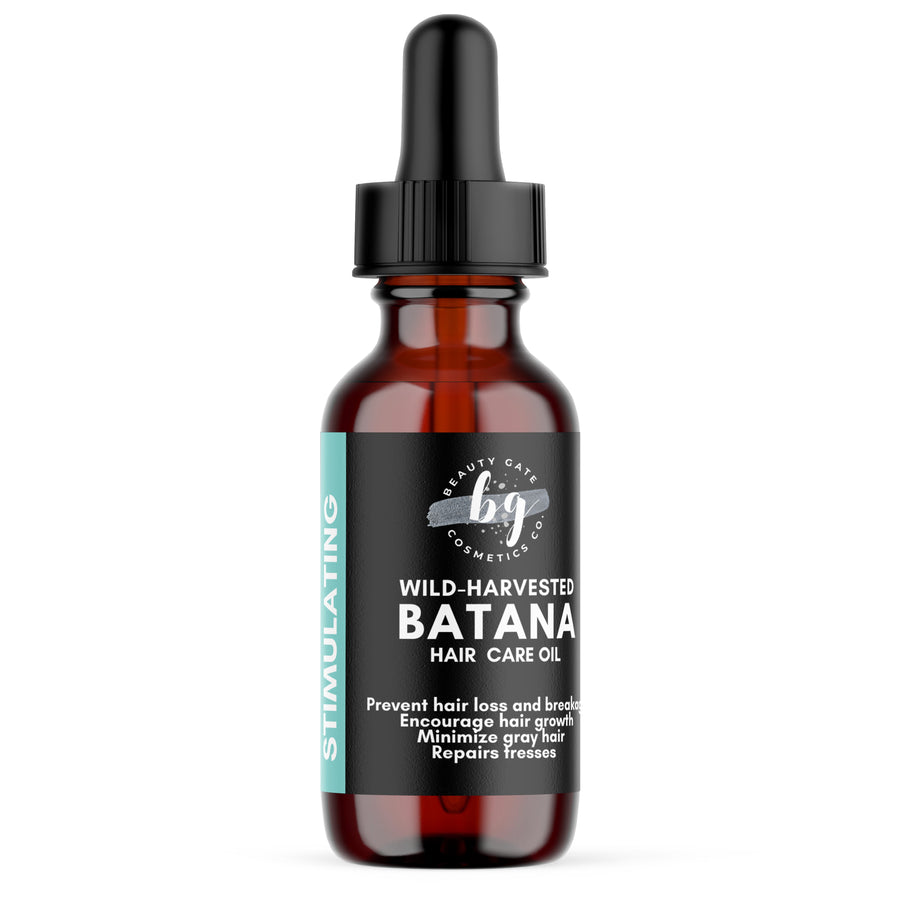
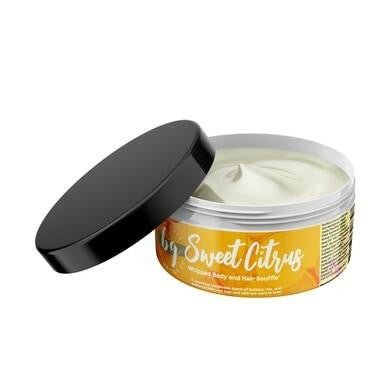
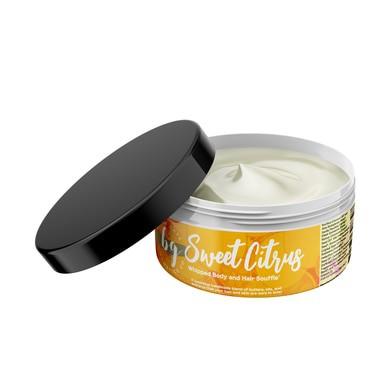
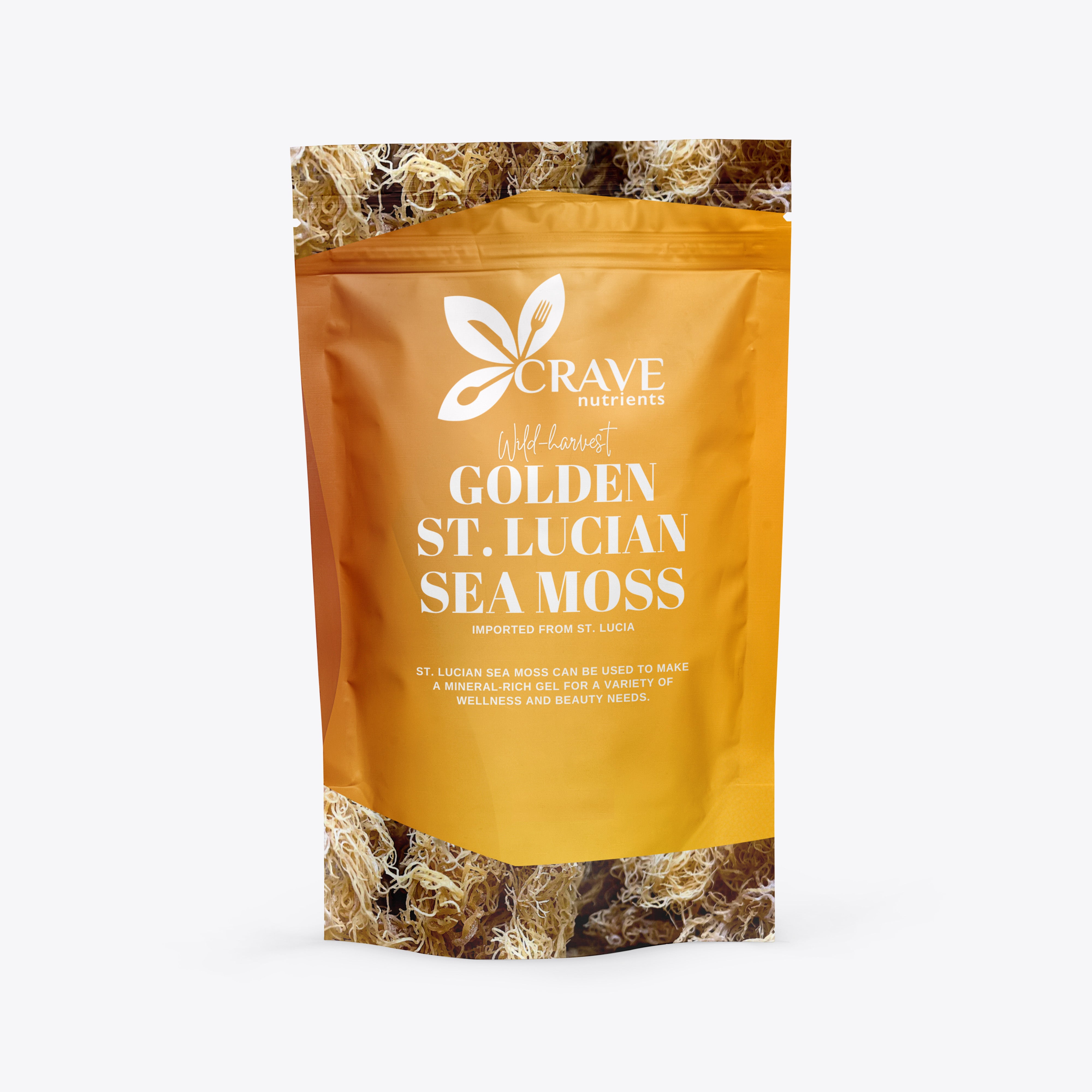


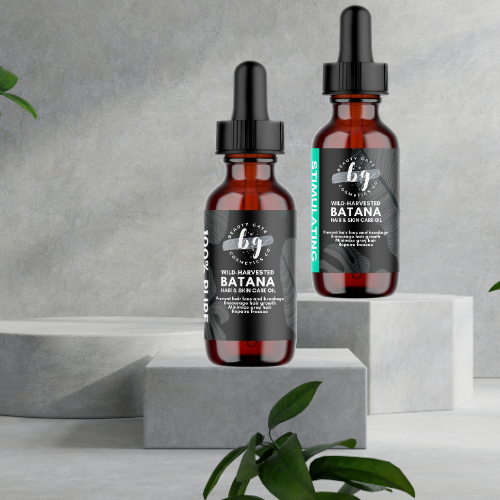

Leave a comment